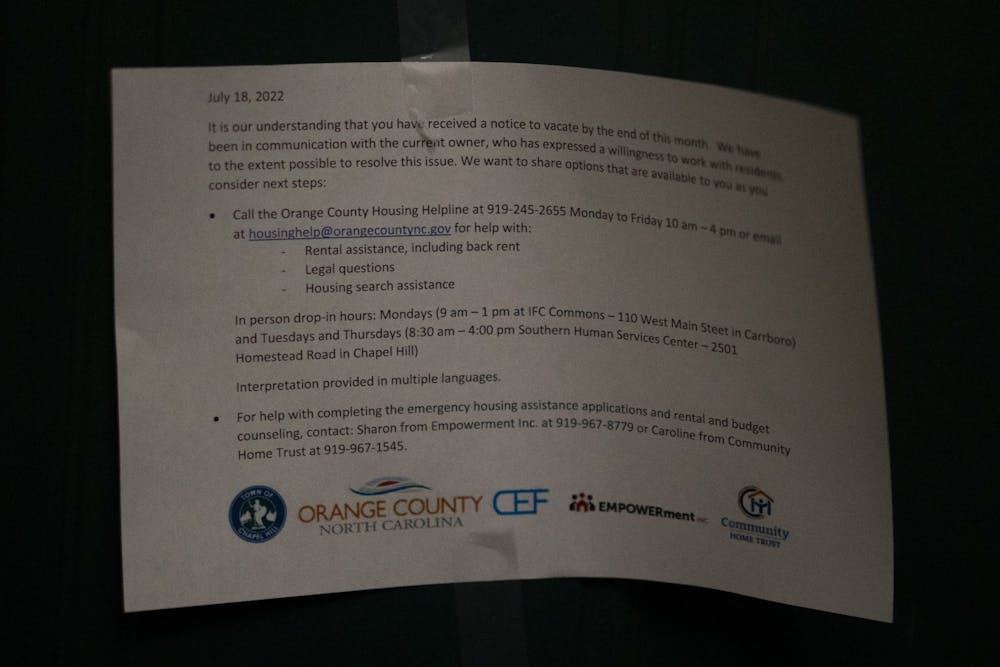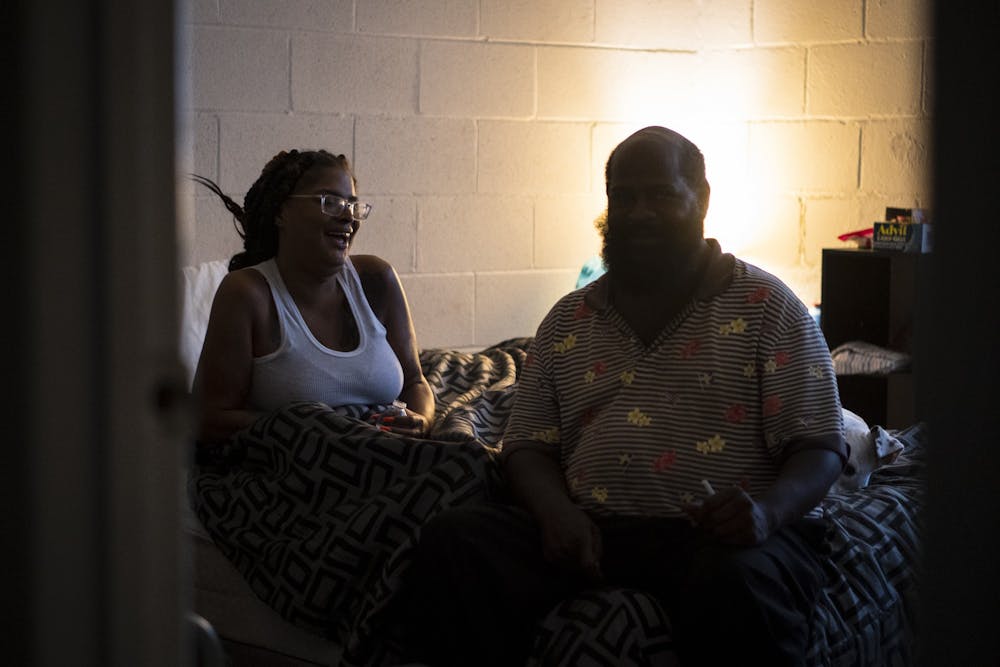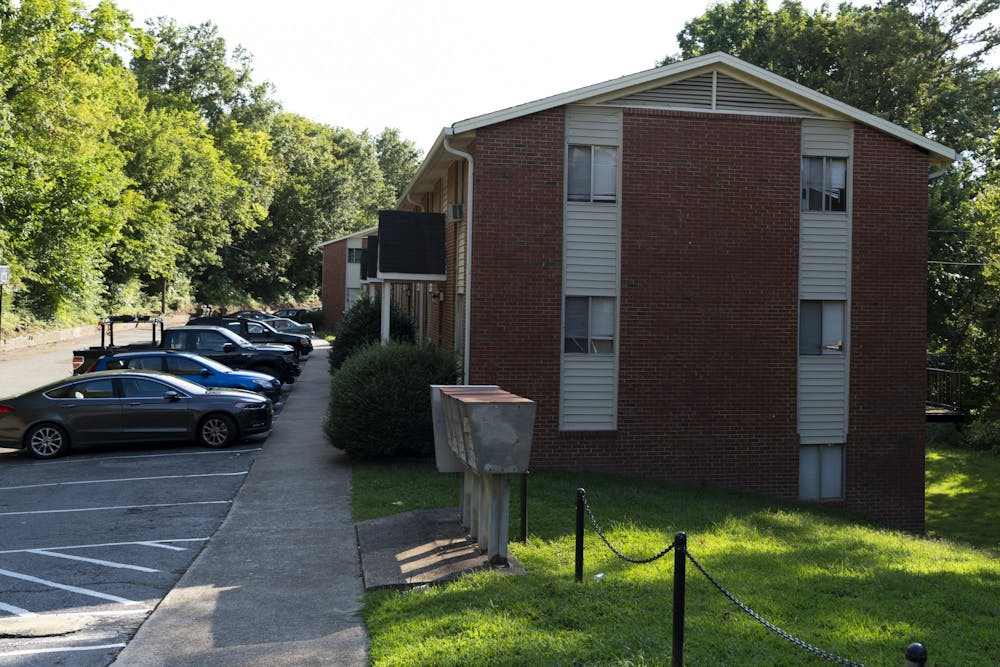On June 30, some residents of University Gardens, an affordable housing community in Chapel Hill, received letters from their landlord stating that they had to vacate their apartments before the start of August.
“I didn't know nothing until I got a letter on my door,” Jay, a resident who requested The Daily Tar Heel not to disclose his full name, said. “It's crazy – what the hell can someone do in 30 days?”
Orange County Housing Director Corey Root said the landlord and owner of University Gardens is evicting some residents because of plans to sell some of the units. The complex did not respond to the DTH's request for comment.
When informed of the pending eviction, the Orange County Board of County Commissioners, Town of Chapel Hill, Community Empowerment Fund, EMPOWERment, Inc. and Community Home Trust joined forces to provide aid and resources for University Gardens residents.
According to Renee Price, an Orange County BOCC chairperson, the coalition of these organizations spoke with residents about their needs and then spoke directly with the owner of University Gardens.
They reached an agreement to extend the residents' notices until the end of September if the coalition balanced the outstanding dues of residents being evicted, covered their rent and provided a $500-per-lease incentive, Root said in an email to the DTH.

A note left on the doors of residents of University Gardens Condos in Chapel Hill, N.C. Families here are being displaced due to new ownership of the condos, and were originally given a monthlong timeframe to vacate the property.
Although he wasn't prepared to be evicted, Jay said he had wanted to leave University Gardens for a while.
“This was my sister's place before she died, so I decided to stay here even though it ain't much of a home to me," Jay said. "I never felt like this town was my home. There's a community — one that formed with all the people going through hard shit — but the landlords and the town don't care about us."




